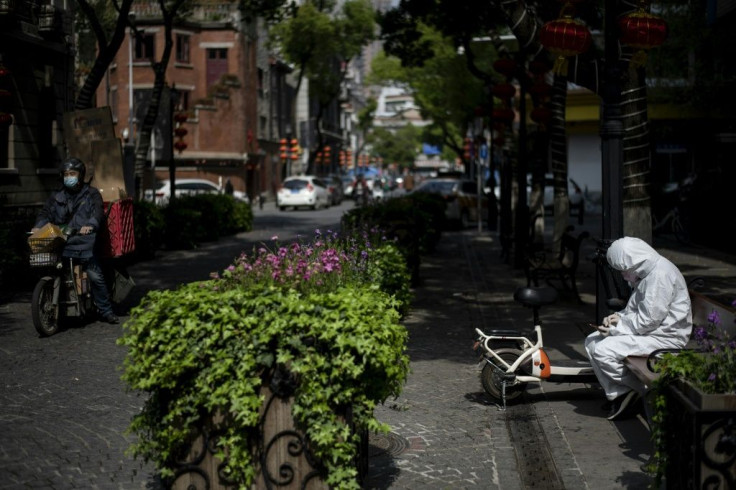Chinese City Shenzhen Bans Consumption Of Cat And Dog Meat After Coronavirus Outbreak

KEY POINTS
- China’s top legislature banned the trade and consumption of wild animals in February
- Shenzhen emphasized banning the cat and dog meats for human consumption too
- The ruling will be effective from May 1
Chinese city Shenzhen on Wednesday prohibited people from consuming dog and cat meats after the novel coronavirus.
China’s top legislature banned the trade and consumption of wild animals in February after it was said that the coronavirus, which killed tens of thousands of people all over the world, passed to humans from animals. In fact, it had largely been speculated that the deadly virus originated in Wuhan, the provincial capital of China’s Hubei province, in a wildlife market where bats, snakes, and other animals were sold.
Shenzhen underscored the importance of banning cat and dog meats too and became the first Chinese city to do so. The law will be effective from May 1.
"Dogs and cats as pets have established a much closer relationship with humans than all other animals, and banning the consumption of dogs and cats and other pets is a common practice in developed countries and in Hong Kong and Taiwan," the city government said in a statement. "This ban also responds to the demand and spirit of human civilization."
Provincial and city governments across the country have been grappling to enforce the ruling but Shenzhen pushed for extending the ban on cats and dogs too.
Liu Jianping, an official with the Shenzhen Center for Disease Prevention and Control, said regardless of the fact that there was no evidence about wildlife being more nutritious to humans than poultry and livestock, they were being sold widely. He added that poultry and livestock were sufficiently available for human consumption in the city, according to U.S. News.
The city’s efforts at banning the human consumption of wildlife were lauded by several animal welfare groups.
"Shenzhen is the first city in the world to take the lessons learned from this pandemic seriously and make the changes needed to avoid another pandemic," said Teresa M. Telecky, the vice president of the wildlife department for Humane Society International. "Shenzhen’s bold steps to stop this trade and wildlife consumption is a model for governments around the world to emulate."
© Copyright IBTimes 2024. All rights reserved.






















